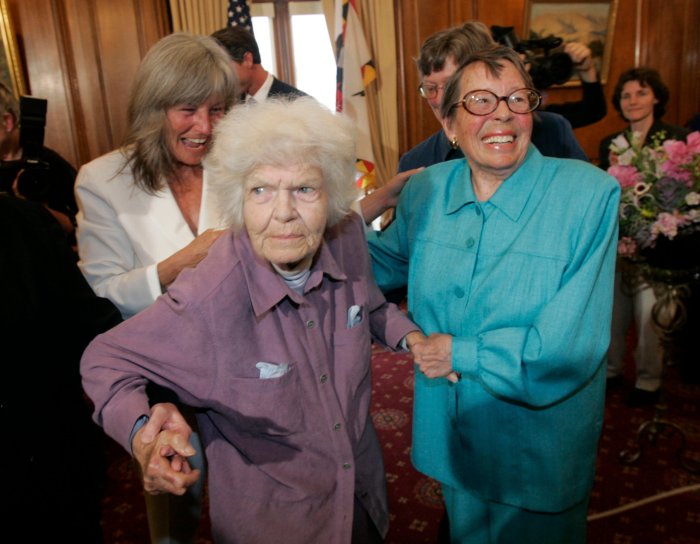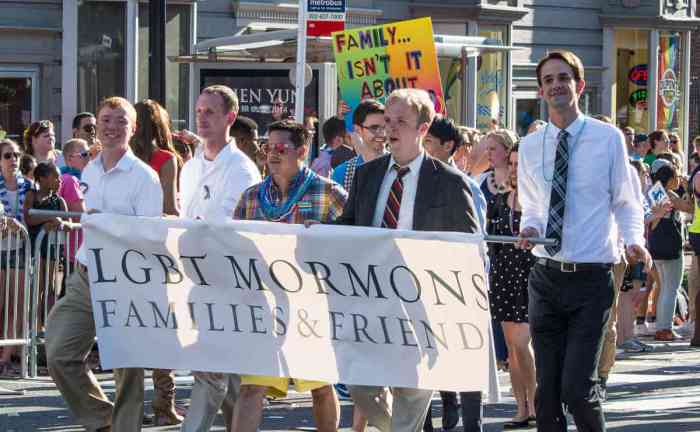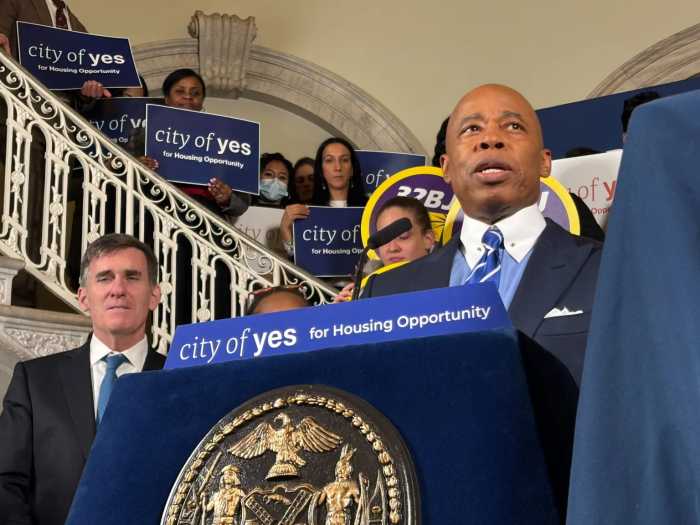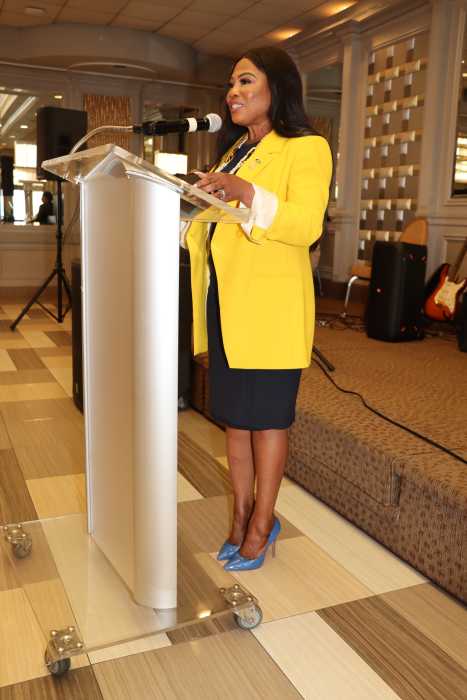House lawmakers on July 19 passed legislation codifying marriage equality at the federal level in an effort to solidify legal protections for LGBTQ couples just weeks after the Supreme Court eviscerated abortion rights around the country.
The House voted 267-157 to approve the bipartisan Respect for Marriage Act, drawing 47 Republicans votes in support of the measure. Congressmembers Kevin McCarthy and Steve Scalise — the top two Republicans in the House — opposed the bill, but No. 3 Republican Elise Stefanik of New York voted in favor of it. The House bill secured 179 co-sponsors.
The Supreme Court established marriage equality nationwide in a 5-4 ruling in the Obergefell v. Hodges case in 2015. Seven years later, however, the stability of that ruling has been questioned in light of the Supreme Court’s conservative tilt. Justices Clarence Thomas and Samuel Alito have openly criticized the Obergefell ruling in recent years — and Thomas used his concurring opinion in the abortion rights case to recommend revisiting Obergefell v. Hodges as well as Lawrence v. Texas, which barred sodomy laws nationwide, and Griswold v. Connecticut, which affirmed contraception rights.
The Respect for Marriage Act would stipulate that marriages — including same-sex marriages and interracial marriages — legally performed in a state must be recognized across the country. It would also repeal the Defense of Marriage Act, which was already struck down in the courts but remained on the books nonetheless.
“I, along with my Democratic colleagues, will not be idle bystanders while the constitutional rights and freedoms that underpin our democracy are shredded,” New York Congressmember Jerrold Nadler, who served as the bill’s lead sponsor, said in a written statement after the vote. “Today’s vote was about protecting the children and loving families whose whole lives rely on the constitutional guarantee of marriage equality.”
Out gay Congressmember Mondaire Jones of New York, a co-sponsor of the bill, stood on the House floor and delivered an emotional speech recalling the day when New York passed marriage equality in 2011.
“For me, this is personal,” he said. “I was living with my friends in New York City, but I was still closeted. And I was so afraid still that someone might find out the truth about my being gay. So, instead, I closed the door to my room and cried tears of joy by my lonesome.”
While the legislation easily cleared the lower house, it faces challenges in the split US Senate, where 60 votes are required to overcome the filibuster.
Senate Majority Leader Chuck Schumer of New York, speaking on the Senate floor July 20, said he is working with out lesbian Senator Tammy Baldwin of Wisconsin to see where the bill stands among Republican members of the upper house.
“I want to bring this bill to the floor, and we’re working to get the necessary Senate Republican support to ensure it would pass,” Schumer said.
According to NBC News reporter Sahil Kapur, Republican Rob Portman of Ohio will be a co-sponsor of the legislation, and CNN Congressional correspondent Manu Raju reported that GOP Senator Thom Tillis of North Carolina said he “probably will” support the bill.
Beyond the halls of Congress, the House vote brought praise from LGBTQ groups such as the Campaign for Southern Equality, which works to support queer rights in southern states where marriage equality has not been etched into state law.
“There is a unique need for this federal law in the south,” Rev. Jasmine Beach-Ferrara, the executive director of the Campaign for Southern Equality, said in a written statement. “For the one-third of LGBTQ Americans who live in the south, the Respect for Marriage Act is vital legislation. All LGBTQ Southerners live in a state with laws prohibiting the freedom to marry — laws that are unenforceable because of the U.S. Supreme Court’s Obergefell ruling. Extreme anti-LGBTQ forces are working at every level to erode LGBTQ equality, and if they prevail in having Obergefell revisited or overturned, these families and marriages would be at risk.”
Imani Rupert-Gordon, the executive director of the National Center for Lesbian Rights, said the bill “will provide security and peace of mind for LGBTQ people nationwide” and she called on the Senate to step up and approve the bill.
Joni Madison, the interim president of the Human Rights Campaign, echoed Rupert’s emphasis on the bill’s bipartisan votes and said the broad support is a sign that the nation is not prepared to turn back the clock on queer rights.
“We strongly urge the Senate to follow the example set by their colleagues in the House and vote to pass this bill,” Madison said.



































